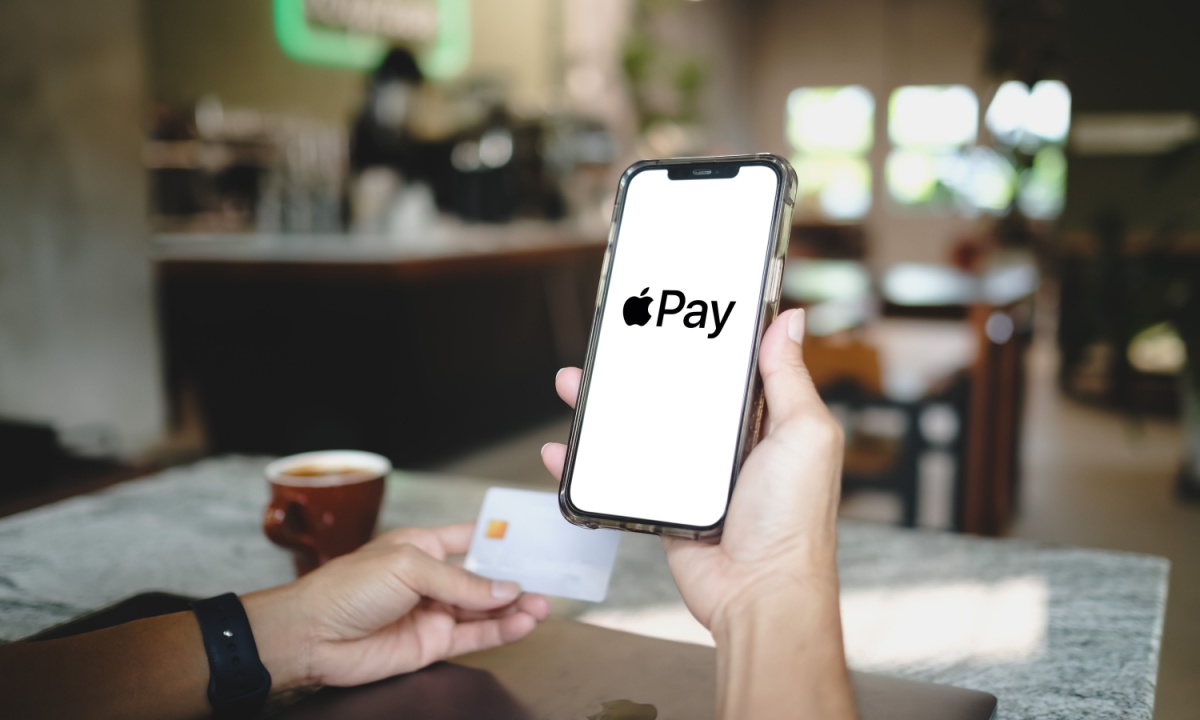Digital payments solution provider Fintiv is accusing Apple of racketeering and trade-secret theft in a new federal suit over the technology that powers Apple Pay.
Fintiv’s complaint, lodged Wednesday (Aug. 6) in the U.S. District Court for the Northern District of Georgia, alleges that Apple posed as a prospective partner a decade ago to gain inside access to CorFire’s (now Fintiv’s) mobile-wallet platform.
Between 2011 and 2012, Apple engineers allegedly sat through multiple NDA-protected technical sessions, only to hire key CorFire personnel and roll the stolen know-how into the 2014 launch of Apple Pay.
The filing claims Apple’s secure-element design, NFC implementation and trusted-service-management layer are “carbon copies” of Fintiv’s proprietary architecture, helping Apple Pay become a multibillion-dollar revenue engine.
Read more: Fintiv’s court filing
The suit invoked both federal and Georgia Racketeer Influenced and Corrupt Organizations Act (RICO) statutes.
Fintiv said Apple erected a “fence” by forming an “association-in-fact enterprise” with issuing banks and card networks; the enterprise purportedly processes trillions of dollars in Apple Pay transactions each year, monetizing Fintiv’s trade secrets at a massive scale.
The complaint portrayed the dispute as part of a broader Apple playbook, citing similar trade-secret rows with HealthTech firms Masimo and Valencell to suggest a pattern of “partner, poach and profit.”
“Apple’s theft of Fintiv’s technology is part of a pattern and practice … falsely pretending to partner with companies in order to steal confidential and proprietary information … all in order to steal the company’s valuable intellectual property and use it to commercialize the business on its own,” the complaint stated.
As examples, the complaint cited “a similar pernicious scheme” to steal trade secrets from Masimo Corp. “which had developed non-invasive technology related to blood oxygen monitoring which Apple believed was key to overcoming performance issues with its Apple watch.”
Apple, it is alleged, perpetrated a similar scheme against a biotech company named Valencell Inc., where it entered into discussions and negotiations under the guise of seeking to license Valencell’s active heart-monitoring technology. Apple’s alleged scheme was — as with Fintiv and Masimo — not to partner or license with Valencell, “but to steal Valencell’s technology and incorporate it into Apple’s products, which Apple then marketed and sold on its own without paying a nickel to Valencell,” according to the complaint.
Apple has not yet issued a public response; the company typically declines comment on pending litigation, but is expected to move for dismissal. Investors shrugged — Apple shares closed up 0.4% Thursday (Aug. 7) — yet payments insiders say the suit could rekindle scrutiny of Apple Pay’s alleged “tax” on card issuers and networks.
This isn’t the first suit Fintiv has filed against Apple. A Texas court this week dismissed a related patent infringement suit, according to Reuters.

